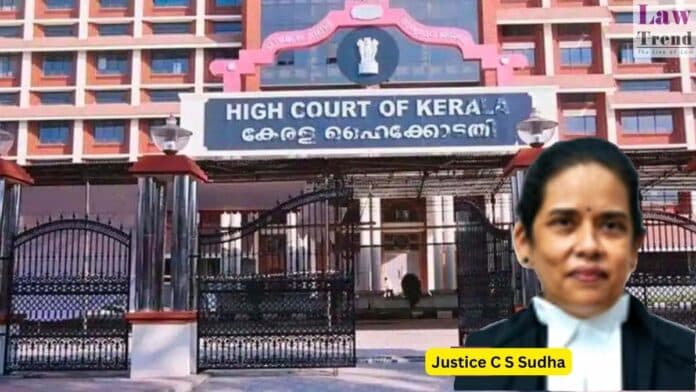In a pivotal judgment, the Kerala High Court, presided over by Justice C.S. Sudha, granted pre-arrest bail to the third accused, Sarath K.S., in a case alleging caste-based abuse and assault under the Scheduled Castes and Scheduled Tribes (Prevention of Atrocities) Act, 1989. The Court held that the term allegedly used by the accused did
To Read More Please Subscribe to VIP Membership for Unlimited Access to All the Articles, Download Available Copies of Judgments/Order, Acess to Central/State Bare Acts, Advertisement Free Content, Access to More than 4000 Legal Drafts( Readymade Editable Formats of Suits, Petitions, Writs, Legal Notices, Divorce Petitions, 138 Notices, Bail Applications etc.) in Hindi and English.




